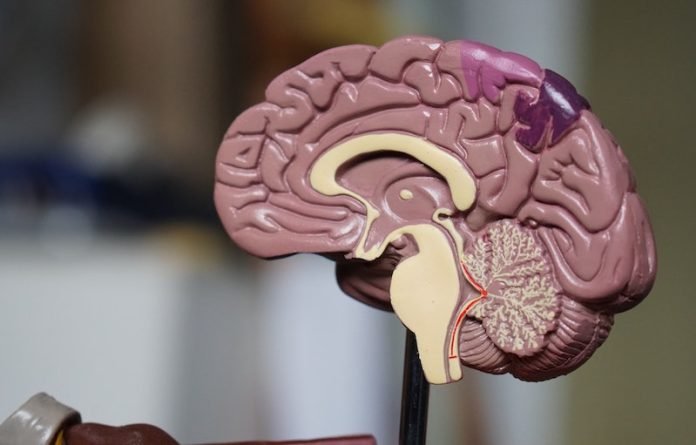
In a study from King’s College London, scientists found a blood-based test that could be used to predict the risk of Alzheimer’s disease up to 3.5 years before clinical diagnosis.
The study supports the idea that components in the human blood can modulate the formation of new brain cells, a process termed neurogenesis.
Neurogenesis occurs in an important part of the brain called the hippocampus which is involved in learning and memory.
While Alzheimer’s disease affects the formation of new brain cells in the hippocampus during the early stages of the disease, previous studies have only been able to study neurogenesis in its later stages through autopsies.
In the current study, the team collected blood samples over several years from 56 people with Mild Cognitive Impairment (MCI), a condition where someone will begin to experience a worsening of their memory or cognitive ability.
While not everyone experiencing MCI goes on to develop Alzheimer’s disease, those with the condition progress to a diagnosis at a much higher rate than the wider population.
Among the 56 participants in the study, 36 went on to receive a diagnosis of Alzheimer’s disease.
In studying how blood affected brain cells, the researchers made several key discoveries.
The blood samples collected from participants over the years who subsequently deteriorated and developed Alzheimer’s disease promoted a decrease in cell growth and division and an increase in apoptotic cell death (the process by which cells are programmed to die).
However, the researchers noted that these samples also increased the conversion of immature brain cells to hippocampal neurons.
While the underlying reasons for the increased neurogenesis remain unclear, the researchers theorize that it may be an early compensating mechanism for the neurodegeneration (loss of brain cells) experienced by those developing Alzheimer’s disease.
When the researchers used only the blood samples collected furthest away from when the participants were diagnosed with Alzheimer’s disease, they found that the changes in neurogenesis occurred 3.5 years prior to a clinical diagnosis.
The team says the findings allow them to predict the onset of Alzheimer’s early in a non-invasive fashion.
This could complement other blood-based biomarkers that reflect the classical signs of the disease, such as the accumulation of amyloid and tau (the ‘flagship’ proteins of Alzheimer’s disease).
It is now essential to validate these findings in a bigger and more diverse group of people.
The researchers say that these findings could present an opportunity to further understand the changes the brain goes through at the earliest stages of Alzheimer’s disease.
If you care about brain health, please read studies about how the Mediterranean diet could protect your brain health, and Strawberries could help prevent Alzheimer’s disease.
For more information about brain health, please see recent studies about antioxidants that could help reduce dementia risk, and many older people have this non-Alzheimer’s dementia.
The study was conducted by Dr. Aleksandra Maruszak et al and published in the journal Brain.
Copyright © 2023 Knowridge Science Report. All rights reserved.



